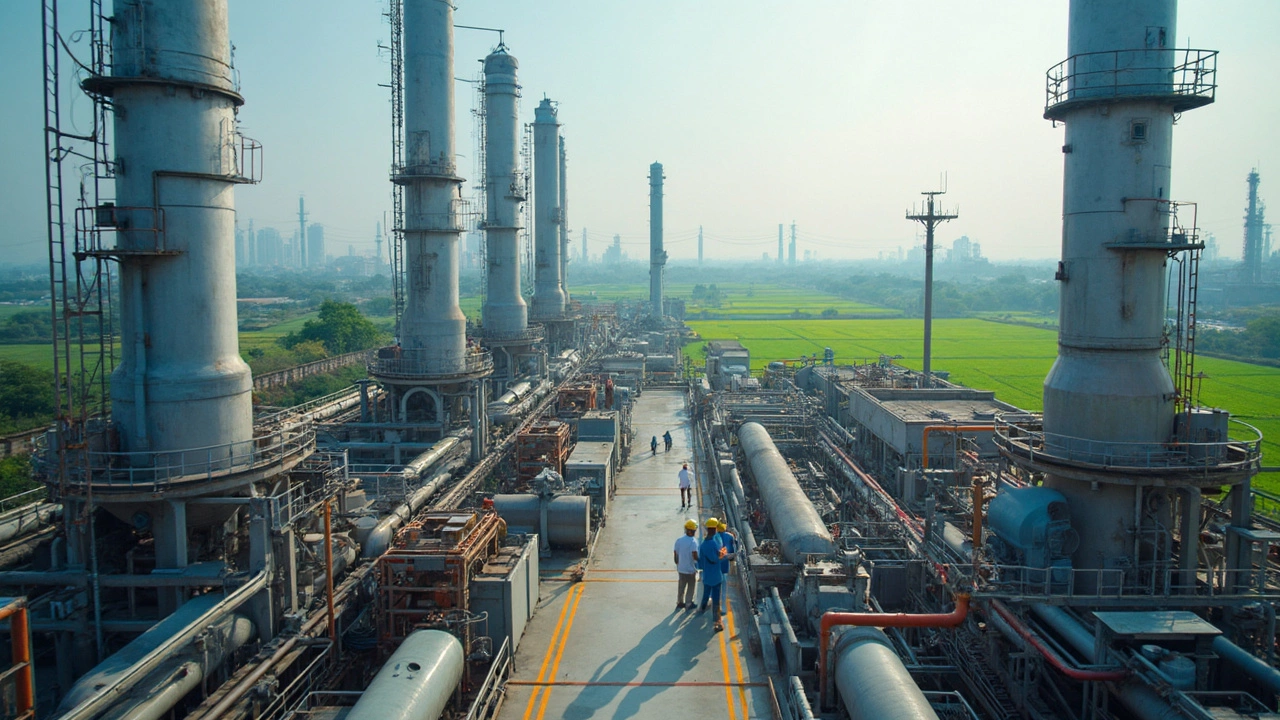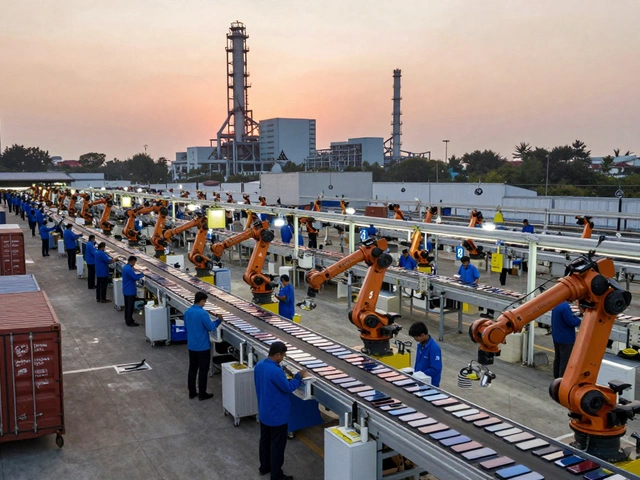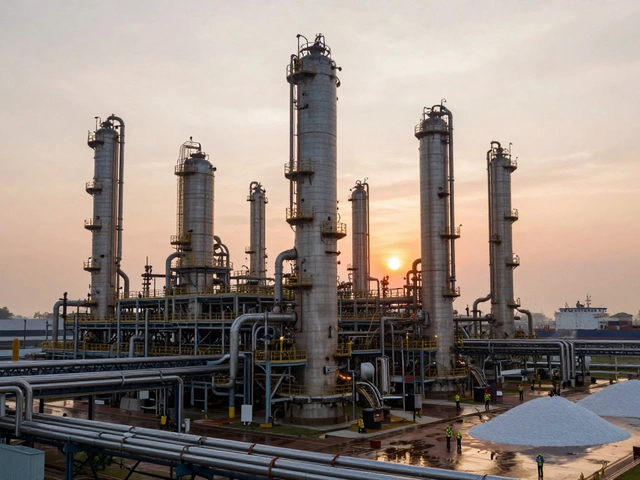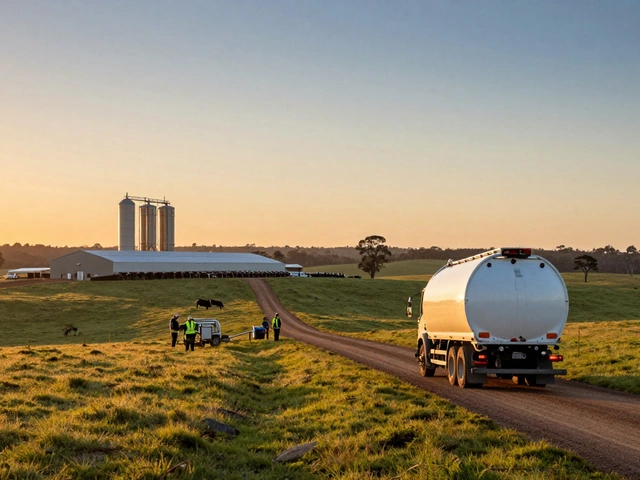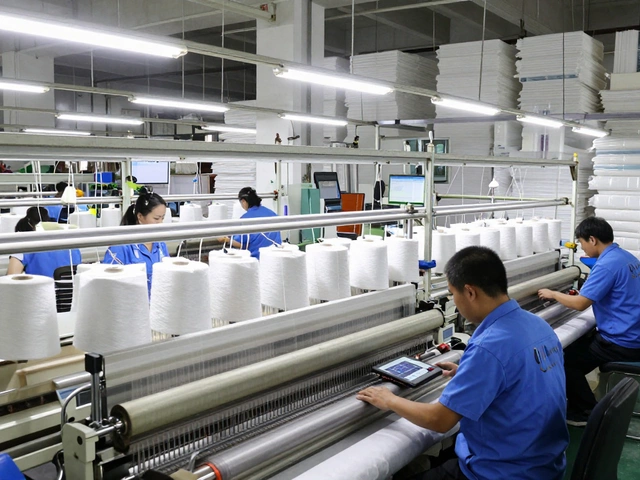Chemical Manufacturer India – What You Need to Know Now
If you’re looking at chemicals in India, you’ve hit a market that’s growing fast and full of chance. The country makes everything from basic fertilizers to high‑tech polymers, and the demand keeps climbing because of new construction, automotive, and health projects.
Why India is a Hot Spot for Chemical Manufacturing
First off, the raw material base is solid. India has big reserves of natural gas, coal, and minerals that feed into chemical plants. Second, the government pushes the sector with policies like Make in India and tax breaks for new factories. Third, labor costs are lower than in many Asian rivals, so you can keep production costs in check.
Export numbers also matter. In the last year, Indian chemical exports crossed $30 billion, with Europe and the Middle East buying the most. That means a local maker can sell at home and abroad without huge barriers.
Steps to Start Your Chemical Business in India
Getting your plant off the ground isn’t rocket science, but you need to follow a clear path. Here’s a quick checklist:
1. Choose the product line. Decide whether you’ll produce basic chemicals like soda ash, speciality chemicals for pharma, or green products like bio‑based polymers. Your choice decides the equipment and licenses you’ll need.
2. Register the company. File the incorporation documents with the Ministry of Corporate Affairs. You’ll need a PAN, TAN, and a GST registration for tax purposes.
3. Get the right licences. The main ones are the Factory Licence, Pollution Control Board clearance, and, if you work with hazardous substances, a licence from the Department of Industrial Safety.
4. Secure land and utilities. Look for industrial parks in Gujarat, Maharashtra, or Tamil Nadu – they often have ready‑made plots with power, water, and waste‑treatment facilities.
5. Source equipment. You can buy new machines from local vendors or import used gear. Keep an eye on quality, because a faulty reactor can shut you down fast.
6. Hire skilled staff. Engineers with chemical‑process background are in demand, but there are many training institutes that can up‑skill fresh graduates.
7. Set up quality and safety systems. ISO 9001 and ISO 14001 are common standards. They help you meet buyer expectations and avoid fines.
8. Plan your supply chain. Build relationships with raw‑material suppliers early. A stable feedstock flow saves you from production hiccups.
Once the basics are done, focus on market reach. Use online B2B portals, attend trade shows like India Chem, and network with distributors. Export‑oriented businesses should also register with the Export Promotion Capital Goods (EPCG) scheme for duty‑free imports of capital equipment.
Lastly, keep an eye on regulations. The list of banned chemicals in India updates regularly, and non‑compliance can shut a plant overnight. Staying informed through the Ministry of Environment, Forest and Climate Change alerts you to changes before they bite.
By following these steps and leveraging India’s strong base, you can set up a chemical manufacturing unit that competes locally and globally. Ready to start? Grab a notebook, map out your product, and take the first paperwork step today.
Which is the Largest Chemical Manufacturer in India?
India's chemical industry is a vital part of its economy, contributing significantly to GDP and employment. The largest chemical manufacturer in India is a key player in both domestic and international markets. It leads in production capacity, innovation, and market reach. Understanding their impact can provide insights into the dynamics of the industry and future trends.
Read More